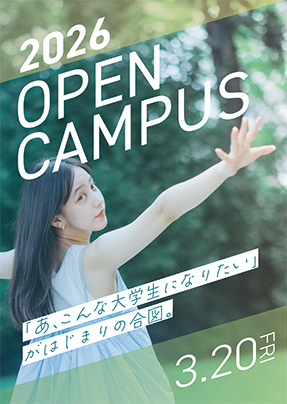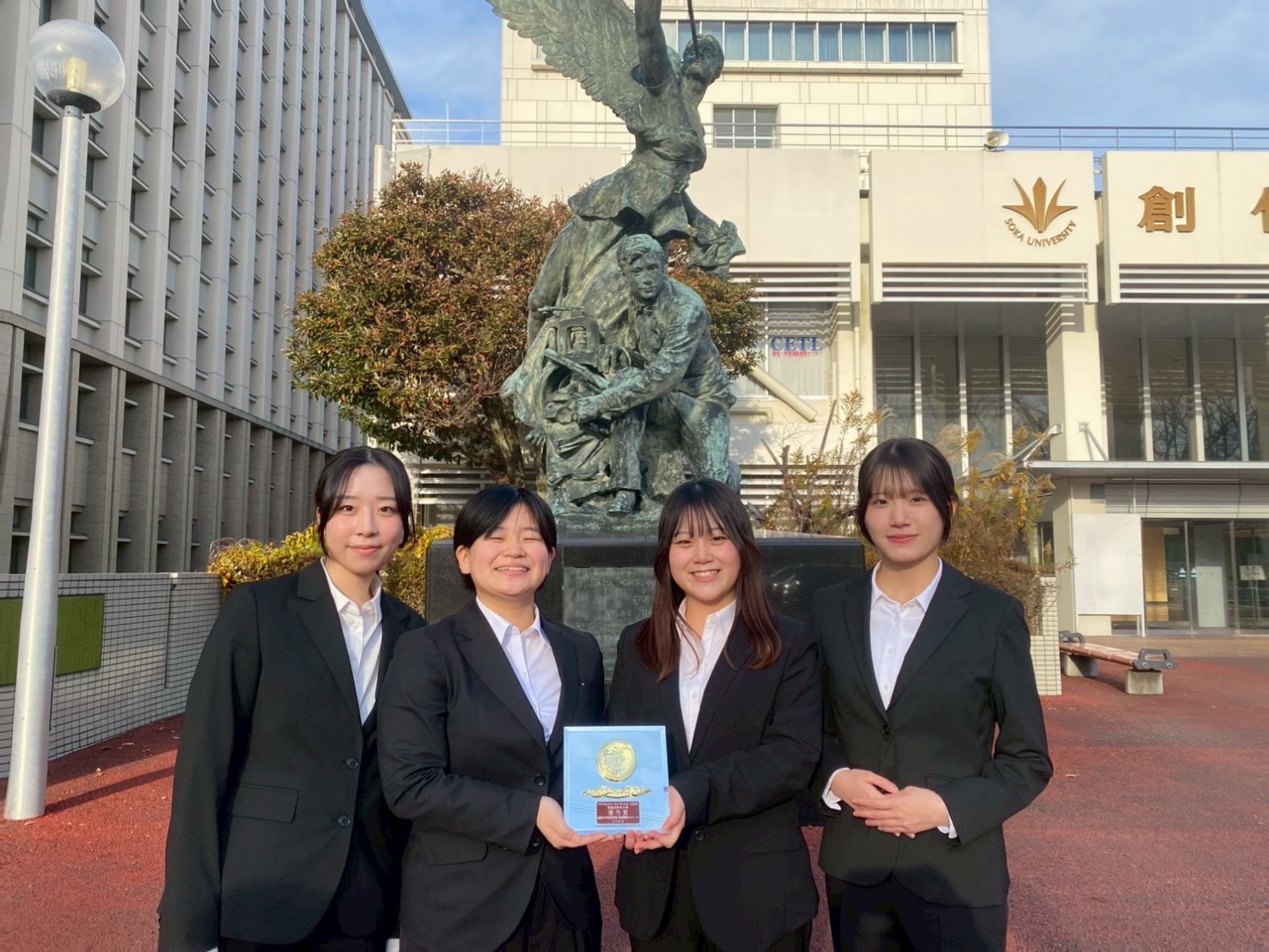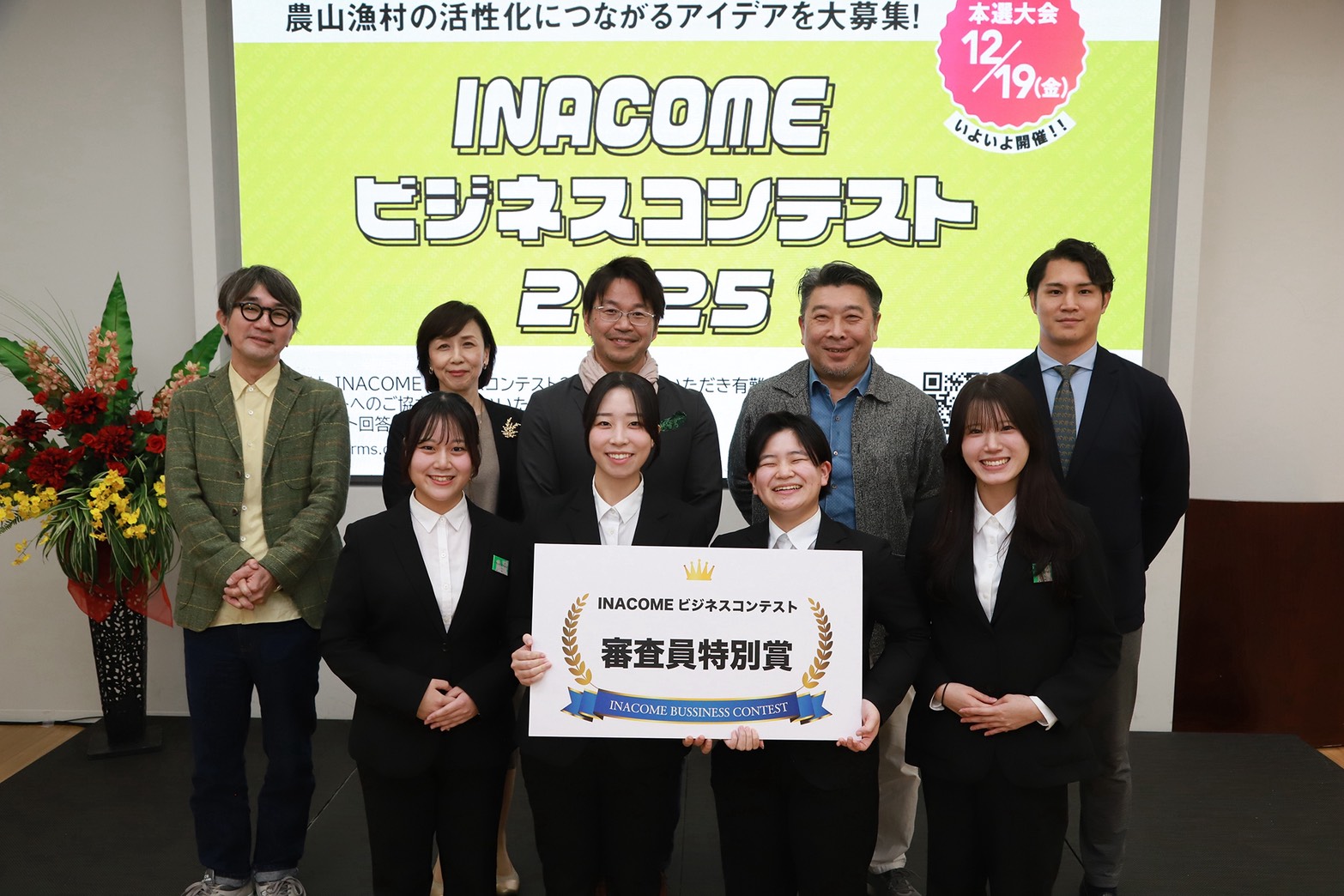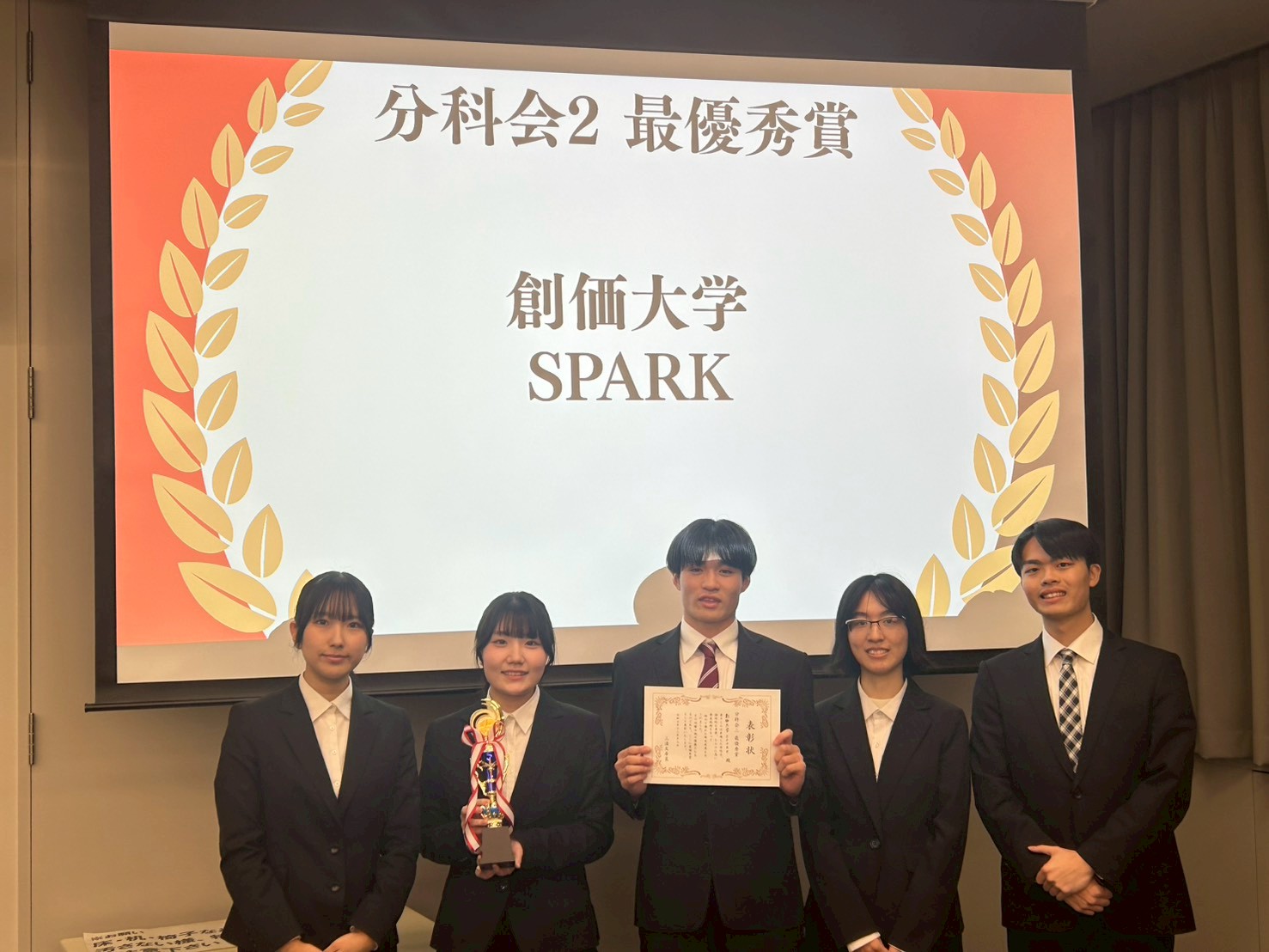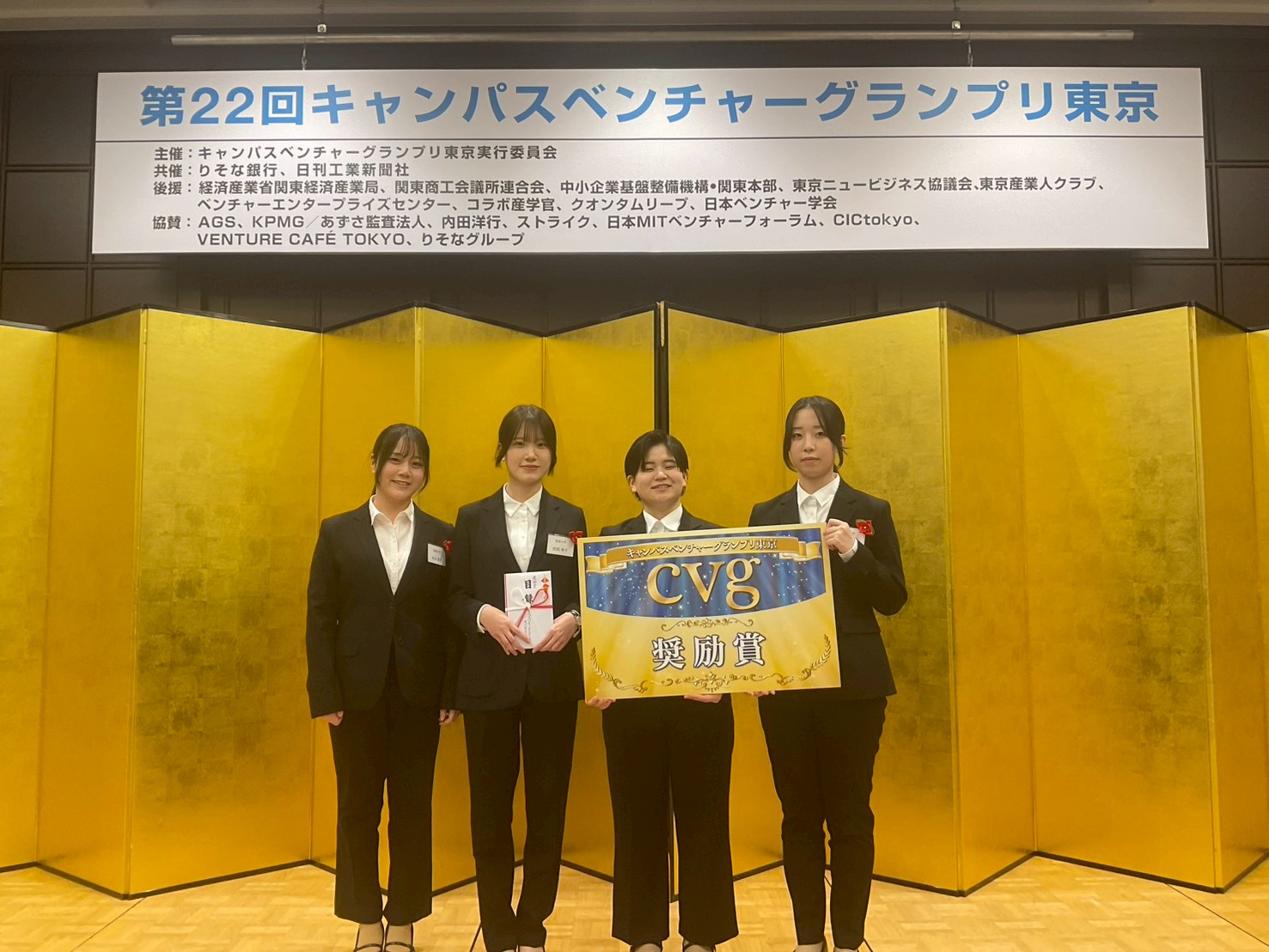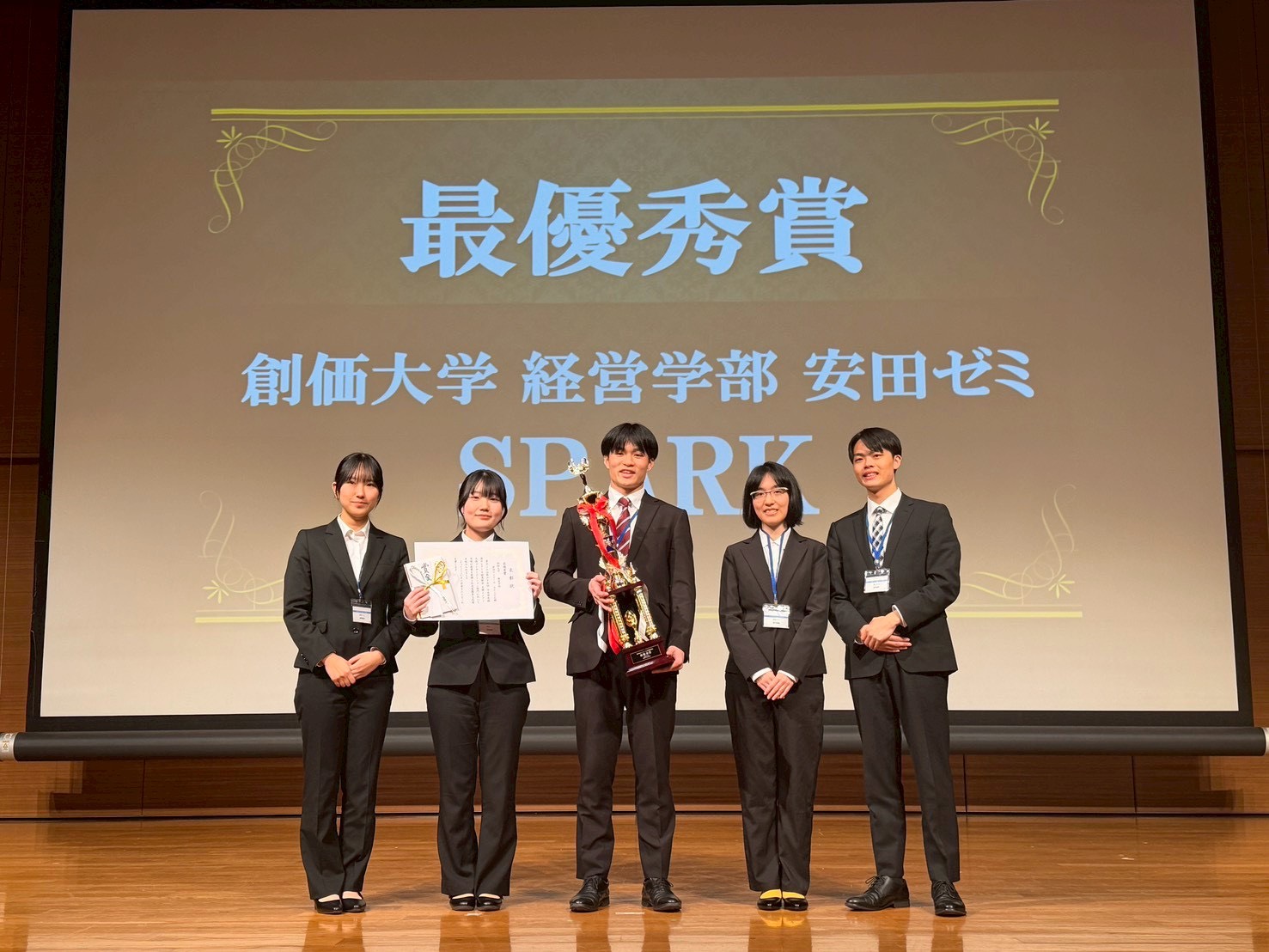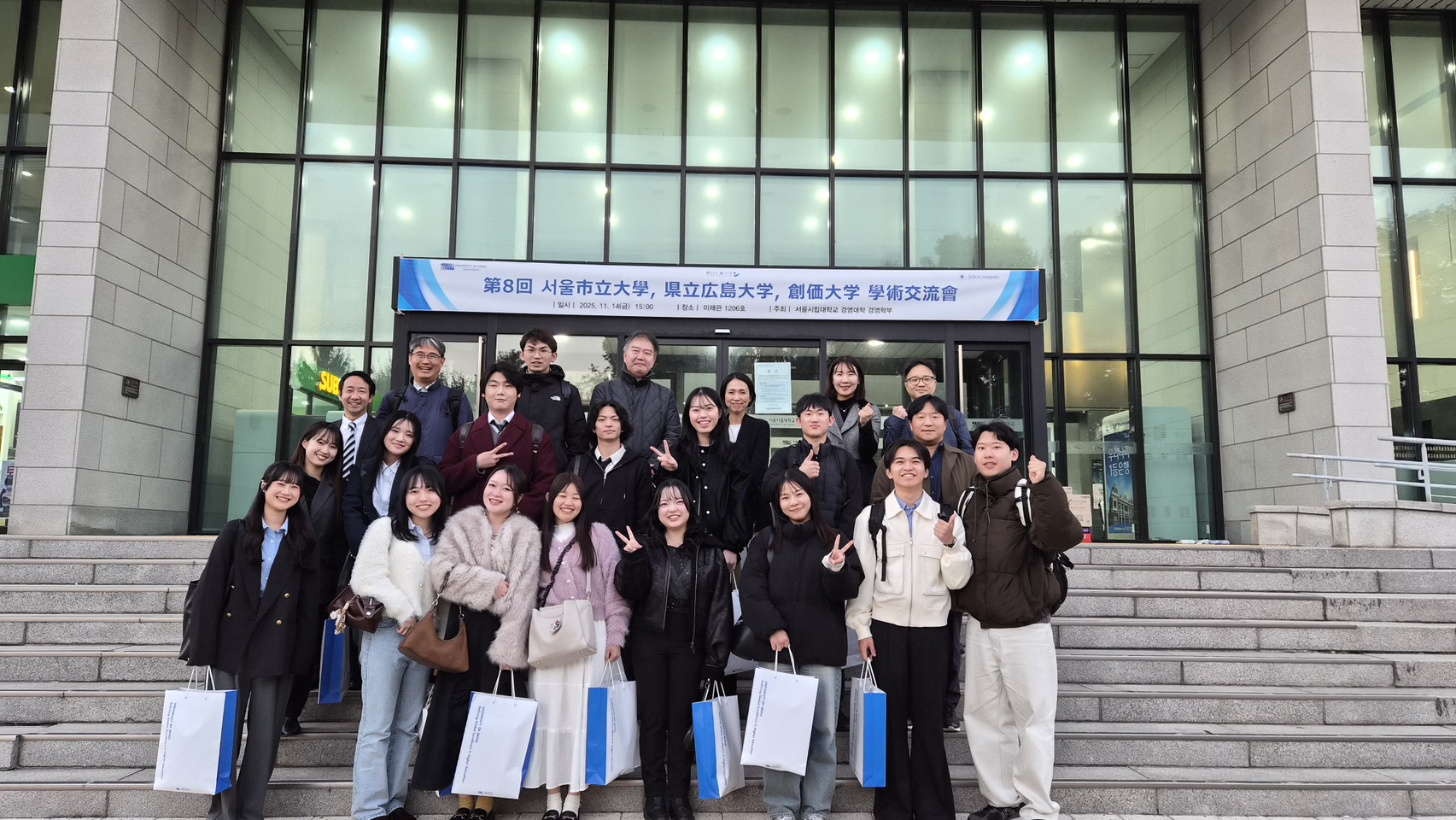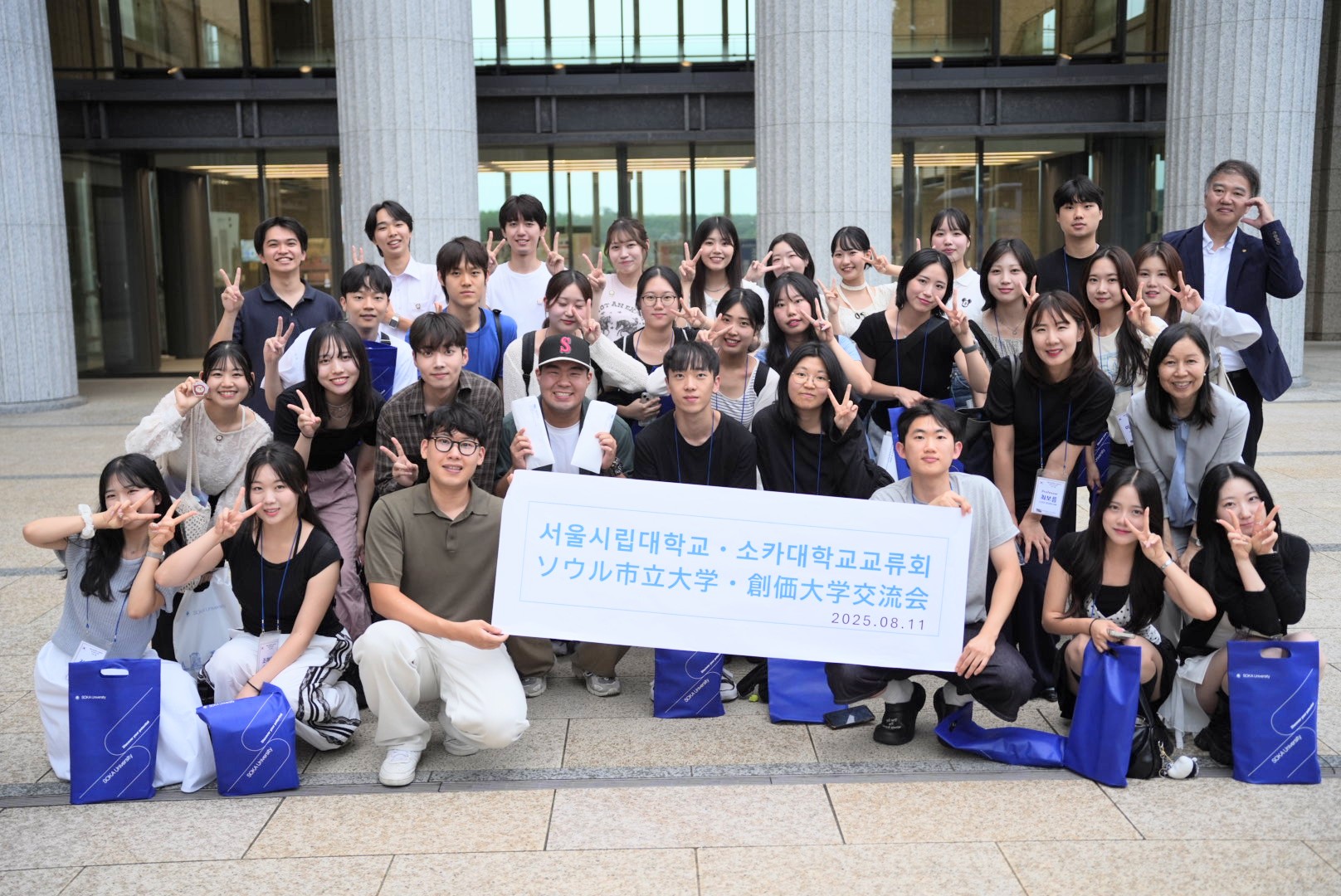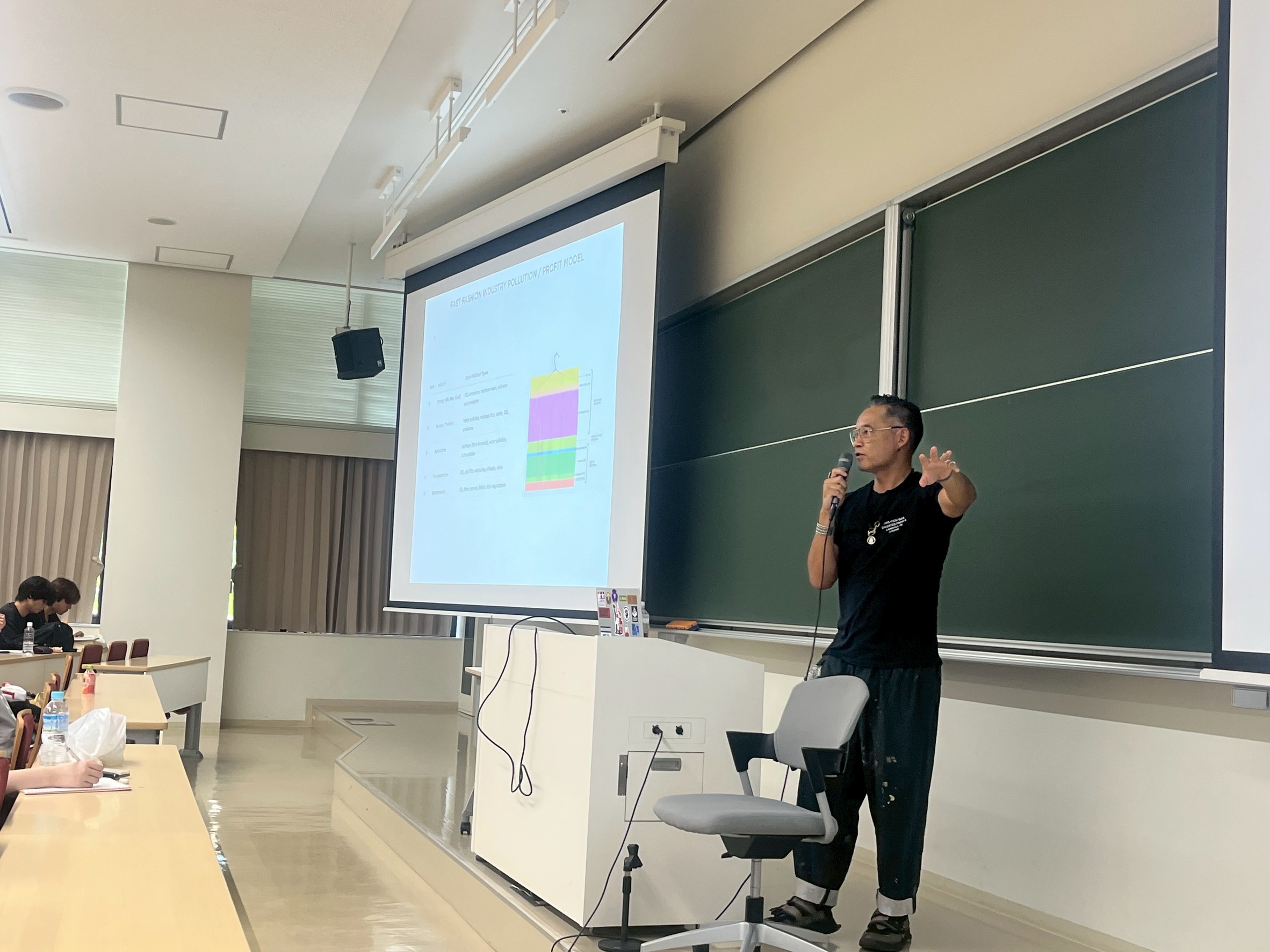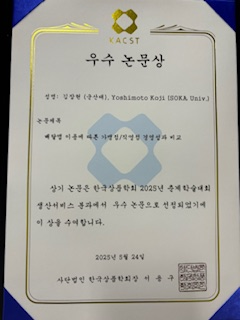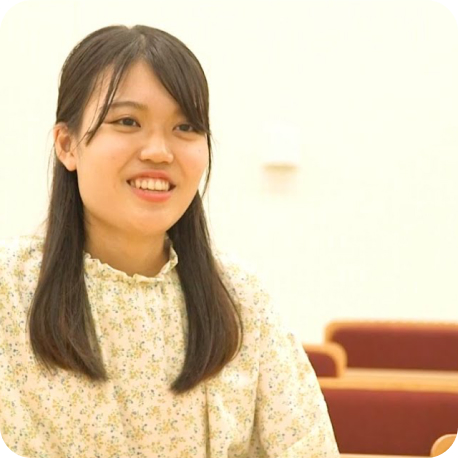
Faculty of Business Administration
Cultivate practical skills and expand your possibilities ※Japanese track except for EMP
Faculty Overview
To become people who can bring joy, excitement, and healing to people



You will learn humanistic management that contributes to people's happiness, and acquire excellent "business sense" and "creativity" that opens up the future.
To become people who can bring joy, excitement, and healing to people.
Not only will you acquire the basic knowledge of marketing, business strategy, human resource management, accounting and finance, which are essential for business people, but we also offer 10 classes at different proficiency levels to thoroughly hone your business English.
In addition, each faculty offers its own active learning-style classes to hone problem-solving skills, business school study abroad programs, and national exam preparation seminars, cultivating "lifelong workforce skills" that can be utilized in each student's chosen career path.
























Faculty Features 01
Three courses to choose from with an eye to the future
The School of Faculty of Business Administration offers three courses to hone your "lifelong 'ready-to-use' skills." Here you can find the path to the future you want to realize.
Global Business Leadership Course

Cultivating talent with international problem-solving skills and strong language skills
Faculty Features 02
Studying Business Management in English
"Global Program"
The Global Program (GP) is a group of specialized subjects taught in English that is unique to the faculty. In the first and second years, students take thorough business English classes according to their level. In the core subject, the "GP Mission," students travel overseas to attend English lectures by leading experts from international organizations and graduate schools. As student representatives of Soka University, students learn about activities, research, and education related to "businesses as global citizens."
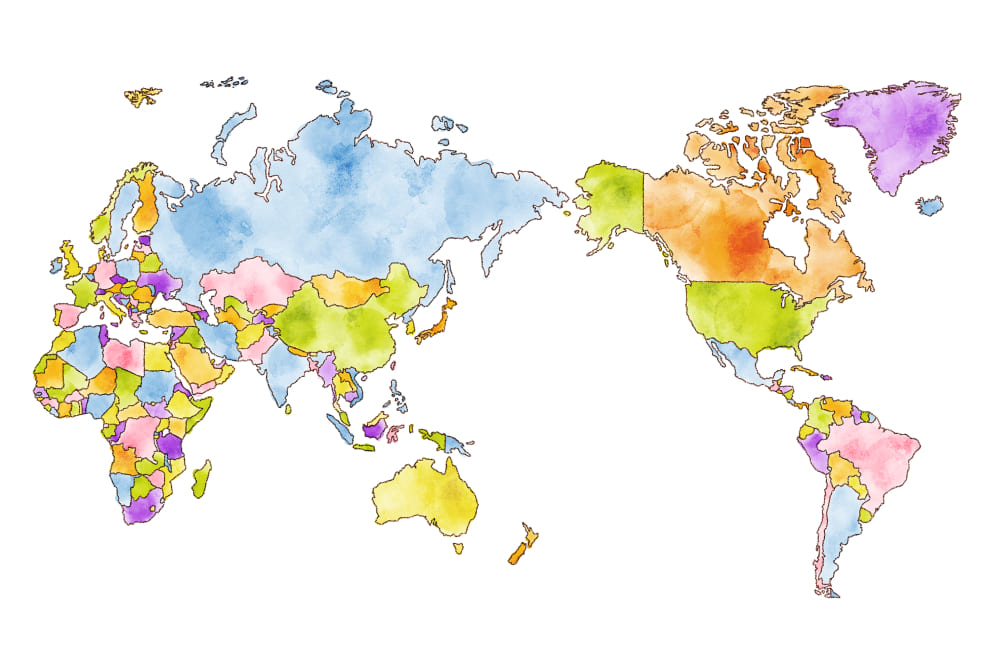
Faculty Features 03
Introducing active learning
Currently, universities across the country are shifting to teaching methods in which students take the initiative in their learning. Our department was one of the earliest adopters of active learning, and has earned a high reputation among universities nationwide for its use of this method in classes.

curriculum
Developing "lifelong 'ready-to-use' skills"
Through comprehensive English education and active learning, you will acquire "lifelong 'ready-to-use skills.'" Aim to become a talent that can communicate with all kinds of people and collaborate to create value.
First year
This program cultivates the skills that will serve as the foundation for four fulfilling years of learning.
There are three pillars of learning in the first year. First, students learn basic knowledge and skills in business management through compulsory subjects such as business management principles and bookkeeping principles. Second, students thoroughly brush up on their language skills through four English classes per week in order to acquire business English that can be used in society over the four years. Third, students are exposed to the culture of university professors through common subjects, with the aim of improving their human abilities.
Second Year
We will deepen our understanding of humanistic management and move forward to further leaps forward.
There are two pillars of learning in the second year. Deepen your understanding of humanistic management, which can only be learned at Soka University's Faculty of Business Administration, and hone your practical business management and English skills. Students aim to acquire practical business management knowledge and skills through major specialized subjects such as marketing and human resource management, and improve their practical abilities through workshop-based subjects. Students also hone their English communication skills necessary for business, and strengthen their specialized skills through overseas programs with a wide range of partner companies around the world.
Third Year
Students will deepen their knowledge of specialized fields through learning in seminars.
The main pillar of learning in the third year is the specialized seminar. Through specialized seminars and cluster (specialized subject group) learning, students will deepen their expertise in the skills they want to acquire and areas of interest. As internship activities aligned with each student's career path begin in earnest, students will improve their information gathering and analysis skills, logical construction skills, and hypothesis setting skills that will be useful in the real world through activities and learning both on and off campus, in order to become leaders who practice humanistic management in society.
Fourth Year
Students will compile a graduation thesis as the culmination of their four years of study.
The main focus of learning in the fourth year is the graduation thesis. Based on the specialized knowledge gained in seminars from the third year, students will mobilize the various skills they have acquired over the past four years to write a graduation thesis on a topic of their interest. While working on the thesis, students will be able to rediscover the intersection between the various knowledge they have learned over the past four years and practical applications in society, and will develop an awareness of becoming a professional worker who can put humanistic management into practice, spreading their wings and taking to the world with confidence.
Career Paths and Qualifications
Post-graduation career paths and qualifications
Main career paths after graduation
We support students in finding employment at reputable companies by honing their business skills such as learning business English and bookkeeping. We train students to think and act independently and work with colleagues to achieve goals. We develop problem-solving talent and foster the ability to immediately contribute to the workplace. These efforts have been highly praised by the real world and by human resources at companies, and we also focus on helping students acquire various qualifications that are advantageous for finding employment.
Qualifications that can be acquired
Students can obtain a wider variety of qualifications than in other faculties. In particular, there are many qualifications that are useful in the business world, such as "Securities Analyst," "Bookkeeping," and "Small and Medium Enterprise Management Consultant." When it comes to obtaining qualifications, some may think, "Do I need to take special courses?", but if you work hard at your studies as an undergraduate student, it is entirely possible to obtain the qualifications.
